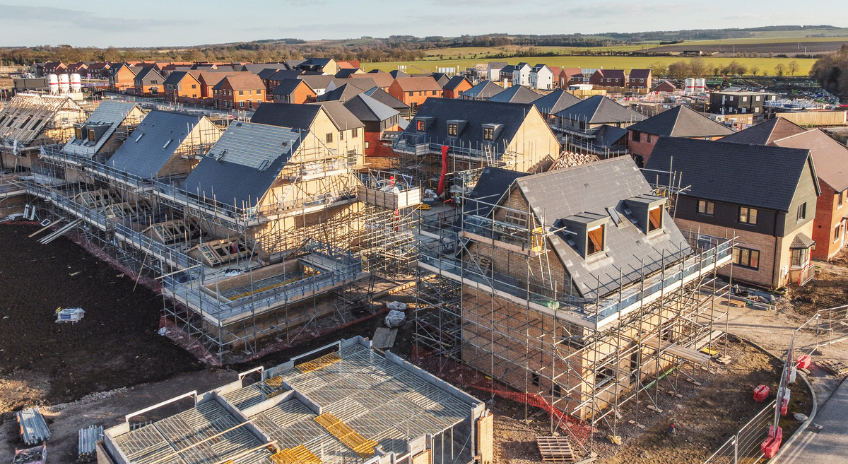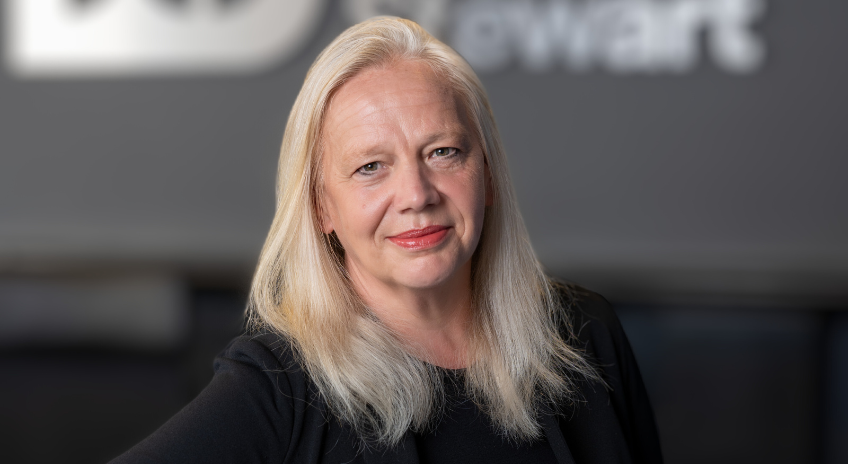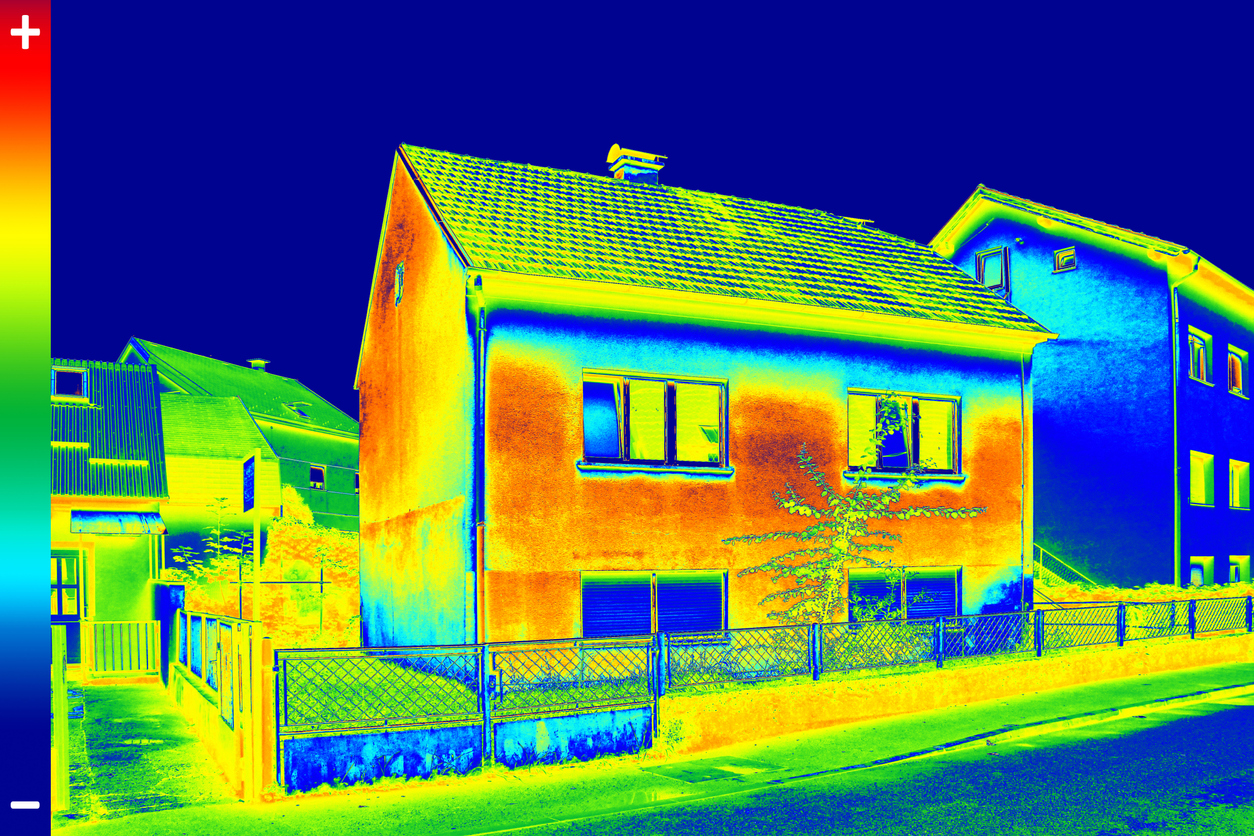
Planning Law Foundations: Section 36 Consents
Date: 17/07/2024 | Construction, Corporate, Dispute Resolution, Environmental, Planning, Real Estate, Regulatory Law
What are “Section 36 Consents” and “Deemed Planning Permissions”?
Different types of development consent are required to construct, extend or operate electricity generation facilities in Scotland. The types of consent required depend on the location, nature and scale of the proposals.
Works to build an onshore project with capacity to generate 50MW or less require planning permission from the local authority under the Town and County Planning (Scotland) Act 1997. Larger schemes are subject to enhanced scrutiny and are considered by the Scottish Ministers under the Electricity Act 1989.
Onshore projects with 50MW+ capacity, near offshore projects (in Scottish Territorial Waters or the Renewable Energy Zone) with 1MW+ capacity and projects 12-200 nm offshore with 50MW+ capacity require BOTH planning permission from the local authority for the physical works AND consent under Section 36 of the Electricity Act 1989 from the Scottish Ministers to operate the projects and generate electricity.
To avoid duplication, the Scottish Ministers can direct that planning permission be deemed to be granted at the same time as a “Section 36 Consent”. In this situation, the Scottish Ministers will have overall control of the application but will closely consult the planning authority on relevant parts of the scheme.
Where a “Deemed Planning Permission” is granted, it is attached to the corresponding Section 36 Consent and both are issued at the same time. Deemed Planning Permission will have broadly the same effect as a normal planning permission. It can be subject to conditions, capable of variation and enforced by the local planning authority. As with standard planning permissions, other approvals (e.g. environmental permits and land rights), will still be needed for other aspects of the project.
Who do they affect?
- Developers, who require both Section 36 Consent and planning permission for their proposals.
- Planning authorities (including directorates of the Scottish Government), who are responsible for policy objectives and regulating development.
- Investors, mortgagees, landlords and future owners of the development site.
- Local communities, statutory consultees and other interested parties.
Section 36 Consents and Deemed Planning Permissions are inherently complex and can have long term implications for those affected by them.
How can Davidson Chalmers Stewart help?
We have specialist expertise in consenting electricity generating stations and the infrastructure associated with them: access, pipelines, cables, sub-stations and grid connections. Our experience includes a range of technologies (onshore wind, offshore wind, solar, hydro, energy from waste), acting for developers, operators, objectors and funders of energy projects around the UK.
Please contact Jacqueline Cook, Head of Planning Law, to find out more.
Disclaimer
The matter in this publication is based on our current understanding of the law. The information provides only an overview of the law in force at the date hereof and has been produced for general information purposes only. Professional advice should always be sought before taking any action in reliance of the information. Accordingly, Davidson Chalmers Stewart LLP does not take any responsibility for losses incurred by any person through acting or failing to act on the basis of anything contained in this publication.



























































































